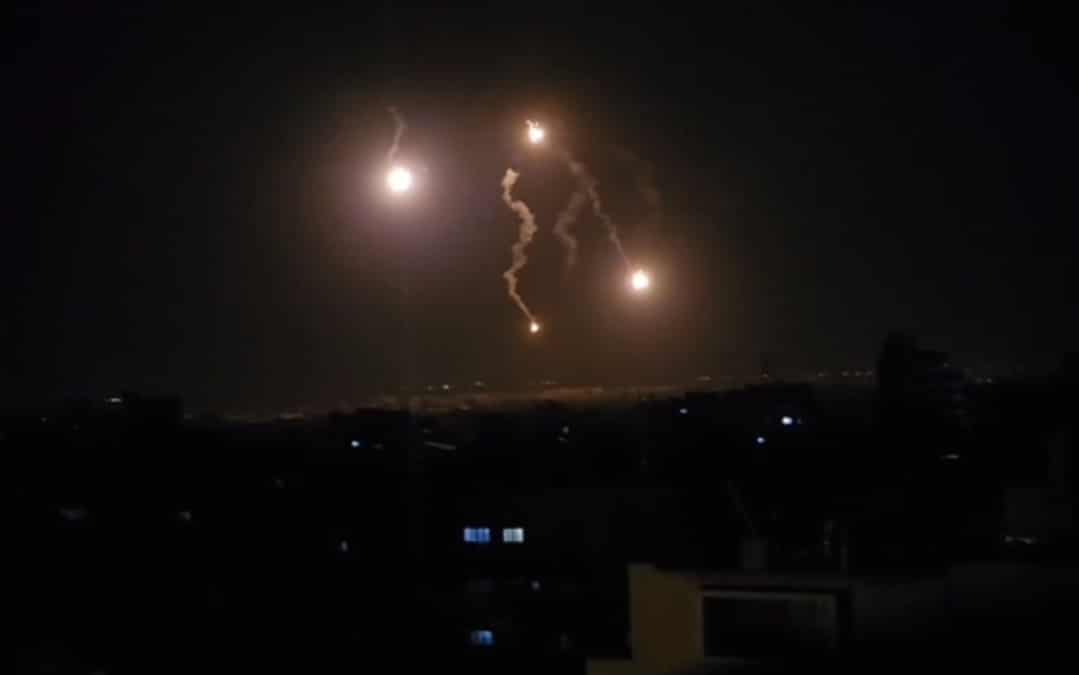As the deadline that Israel laid for Hamas to respond to its proposal in negotiations to advance the hostage deal approached, it was evident in the last evening (Monday) that the pressure and confusion in the terrorist organization was rising; it was initially announced that Hamas was rejecting the Israeli deal outline, without specifying the circumstances of the refusal; Later, it was reported in Al Jazeera (which was just blocked by an new Israeli broadcasting law) that Hamas had expressed agreement to the proposal submitted to it. But it soon became clear that Hamas meant not an Israeli proposal, but an Egyptian proposal that had been submitted without Israels knowledge, which included clauses for progress to a permanent cease-fire – which Israel, of course, cannot agree to. The shift may have been a game played by Hamas, trying to present Israel as the refusing side in the negotiations – and it may be proof that the threat of military action causes pressure among the organization’s foreign leadership, at least.
In any case, the security cabinet was not moved by the ups and downs, and while it expressed agreement to examine Hamas’ position, an order was given to begin military action in Rafah. According to the language of the order, this is a “targeted” and not a total action – that is, probably confined to a geographic area and limited in participating forces. According to IDF publications calling for the evacuation of a population, it can be understood that the IDF is planning to operate mainly in the eastern and southern areas of the city, which are close to the Israeli border. The Rafah crossing with Egypt is in this area (3 km from the Israeli border), which over the years served as a “lifeline” for Hamas, and which a Israeli hold of will contribute to preventing the organization from rearming.
The Israeli attack began shortly thereafter. The exact details are not yet clear, but it appears that the operation began with a strong bombing raid of southeast Rafah, followed by an armored advance along the Philadelphi route (the border with Egypt). In An documentation published this morning, it appears that IDF forces have already occupied the Rafah Crossing area – that means, that the targets may have already been reached within one night. After weeks of pause, the IDF proves once again its maneuverability, and its success in renewing an attack even after it has been stopped, all in accordance with policy decisions. The success of this activity heralds the beginning of the occupation of Rafah, or the cracking of Hamas into significant concessions in negotiations.
To respond – rxpuyhi@gmail.com







